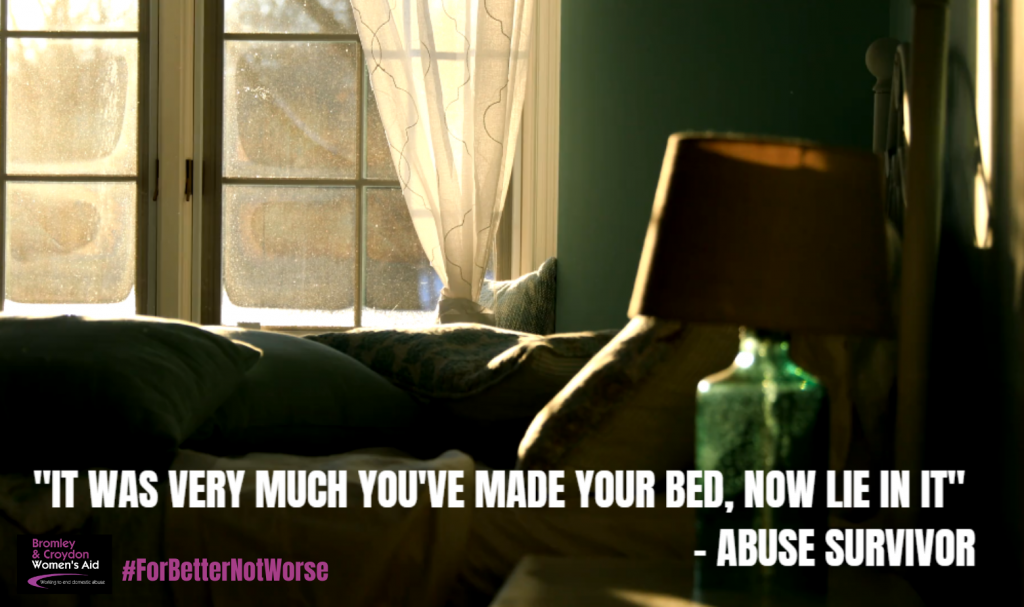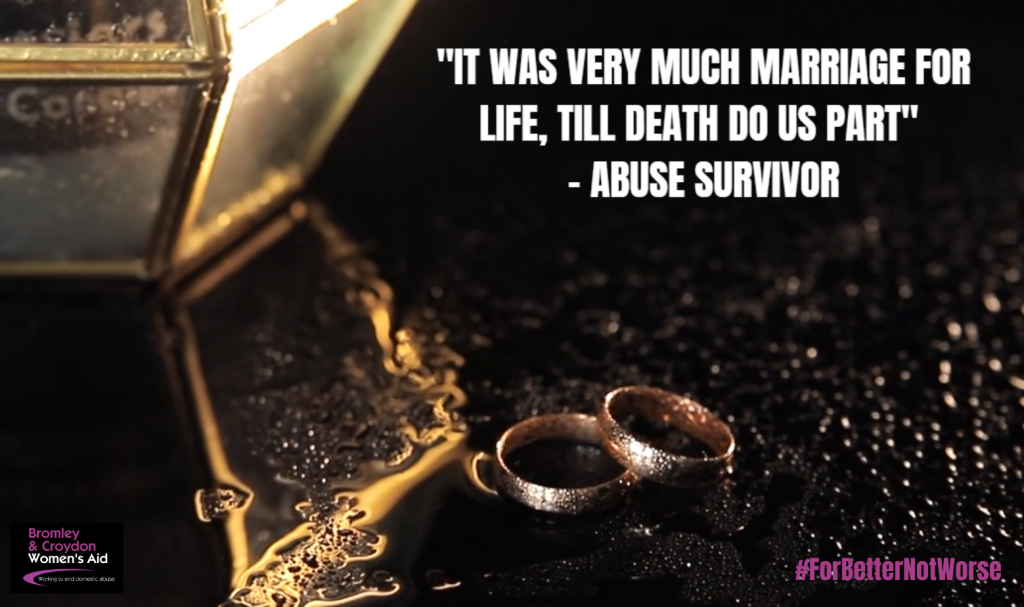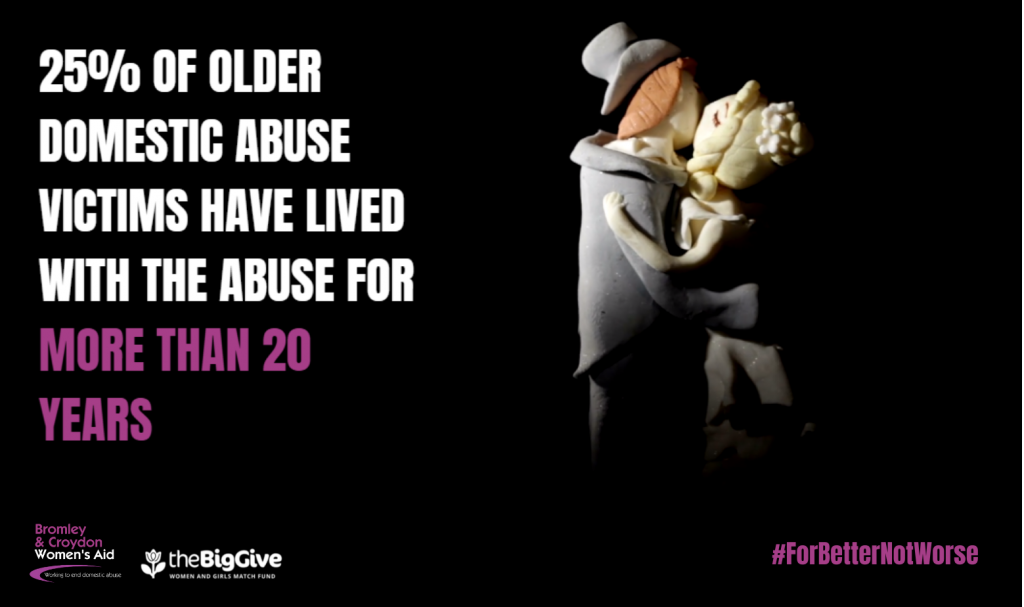March 7, 2022
Situation Research carried out in 2011 shows that for older women, physical and verbal abuse is occurring at rates similar to, or higher, than those of younger women. More than…


Research carried out in 2011 shows that for older women, physical and verbal abuse is occurring at rates similar to, or higher, than those of younger women. More than a quarter of a million-people aged 60-74 were reported victims of domestic abuse in England and Wales in 2019. In 2020, the Covid-19 pandemic, with its lockdown and tensions exacerbated these figures.
It is estimated by The World Health Organization that 1 in 7 women aged 60 years and older experiences some form of domestic abuse; however, there are no real studies or evidence as the National Crime Survey does not currently hold any data for people over the age of 74.
Violence can happen to women, no matter their age – we must stop violence against all women!

BCWA work tirelessly to break down barriers to all women and children accessing support for domestic abuse. In order for us to do this we must look at the barriers that older women face:
Generational Attitudes
Generational attitudes about abuse may make it hard to identify domestic abuse in older women. Older women may feel it is not socially acceptable to talk about problems in their relationships as they may have grown up thinking women’s roles were confined to the home and divorce or separation were taboo. (#TilDeathDoUsPart)
Increased Risk of Adult Family Abuse
It is much harder to cut ties with family members; particularly if you rely on them for emotional or financial support.
Cultural Aspects
In many cultures, the younger generation become caregivers so older women are reliant on perpetrators.
Housing
Re-housing older women can be more difficult as councils don’t always see them as a priority.
Diversity
There is a need to acknowledge the diverse identities of older people experiencing domestic abuse. Older people are not a homogenous group of people. Gender, ethnicity, sexual identity and physical and cognitive disability will shape their experiences of domestic abuse and also the way in which services need to respond. For this reason, there is a need to consider the ways in which data on equalities characteristics (age, gender, disability, ethnicity) is collected, as this will inform how we support older people experiencing domestic abuse.

BCWA has created the ‘Never Too Late’ service which will support older women in the community suffering with domestic abuse.
The ‘Never too late’ project will consist of 2 main strands:
1. Provision of weekly coffee mornings in a community setting to allow women over 50 years old to get support in a safe and discrete way. This confidential setting will allow them to open up and talk freely about their experiences. The coffee mornings will be an opportunity to increase skills and self-confidence as different workshops will be provided.
2. Awareness raising activities and creation of resources/marketing materials to increase understanding of domestic abuse in women over 50 and the barriers in accessing support and seeking help and safety

For International Women’s Day BCWA are shining the spotlight on older women in our lives who may be suffering in silence. Those who have felt that it may be too late for them to leave or suffered alone because “it was very much marriage, until death do us part”.
We believe that women over 74 deserve to be seen and supported through their experiences of abuse.
Through donations, we will be able to delve deeper into the complexities and break down barriers that older women face, whilst building on the long-term work that needs to be done to ensure that every woman knows it is never too late to seek support.
